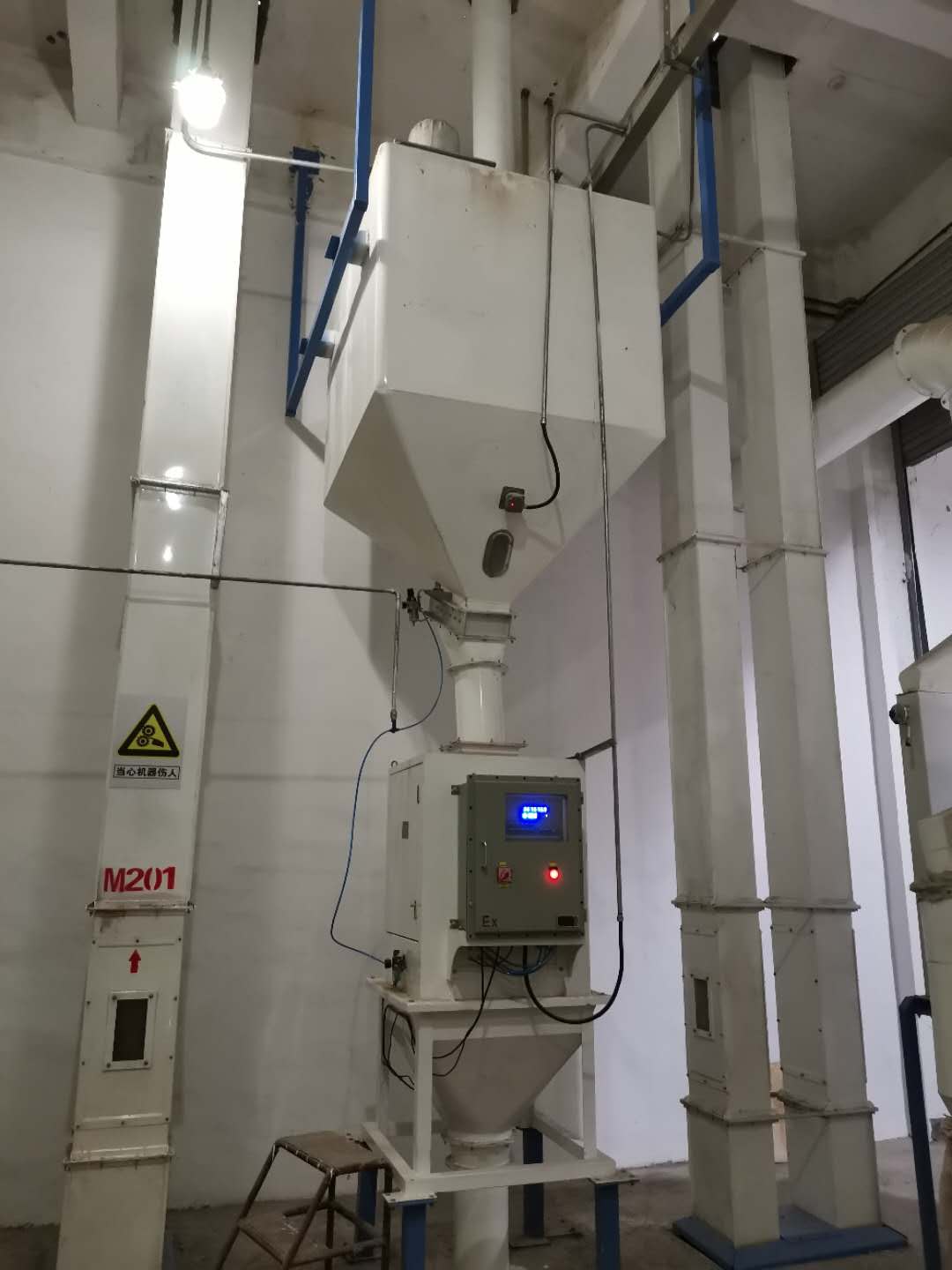

Flow Scale For Accumulation/Flux Scale
The working principle of a flow scale is to measure the volume or weight of a substance by measuring the space occupied by the substance flowing through it for a certain period of time, thereby achieving the measurement of the flow rate of the substance. The core component is a weighing sensor, which converts the weight of a substance into an electrical signal, and then processes it through a controller to output corresponding flow data. In the selection of sensors, it is necessary to make a reasonable choice based on the characteristics of the measured material and the measurement range of the flow scale to ensure the accuracy of the measurement
The advantages of traffic scale include the following:
- Energy saving and environmental protection: The flow scale adopts pneumatic control, with low noise and equipped with a suction system to maintain a clean and hygienic working environment.
- Convenient operation: The touch screen has a bilingual interface in Chinese and English, which is intuitive and easy to operate, and is equipped with a simple and easy-to-use control system. Operators can quickly get started, reducing learning costs
- Strong adaptability: The opening degree of the feeding door can be adjusted, suitable for different materials; The scale body adopts a closed structure and can be equipped with a suction system, which is clean and hygienic; The height of the column can be adjusted freely, making it convenient for floor installation or lifting
- Data management: Reserve data interfaces that can be connected to printers or communicate with control computers for convenient data management and recording
| Precision | +/-0.1% |
| Capacity | 2~350t/h |
| Power Dissipation | 0.2~3kw |
| Compressed Air | 0.4Mpa~0.6Mpa |
| Feeding system | Gravity,screw,belt |
The useage of flow scale:
Grain and oil industry: used to measure and monitor the flow of bulk materials such as grains and oil crops, ensuring accurate material usage during production, improving production efficiency and product quality.
Cement and building materials industry: used to measure the flow rate of raw materials such as cement, sand, and stones, which helps to control and optimize the production process, reduce waste, and improve production efficiency.
Metallurgical and chemical industry: commonly used for measuring and monitoring the flow rate of metal powders, chemical raw materials, and other materials to ensure the stability and safety of the production process, while improving product quality and production efficiency.
The food processing industry is widely used to measure and monitor the flow of food raw materials, additives, and other materials, ensuring the accuracy and safety of food production and meeting consumers' high requirements for food quality.
Application case:Grain Flow Scale 







